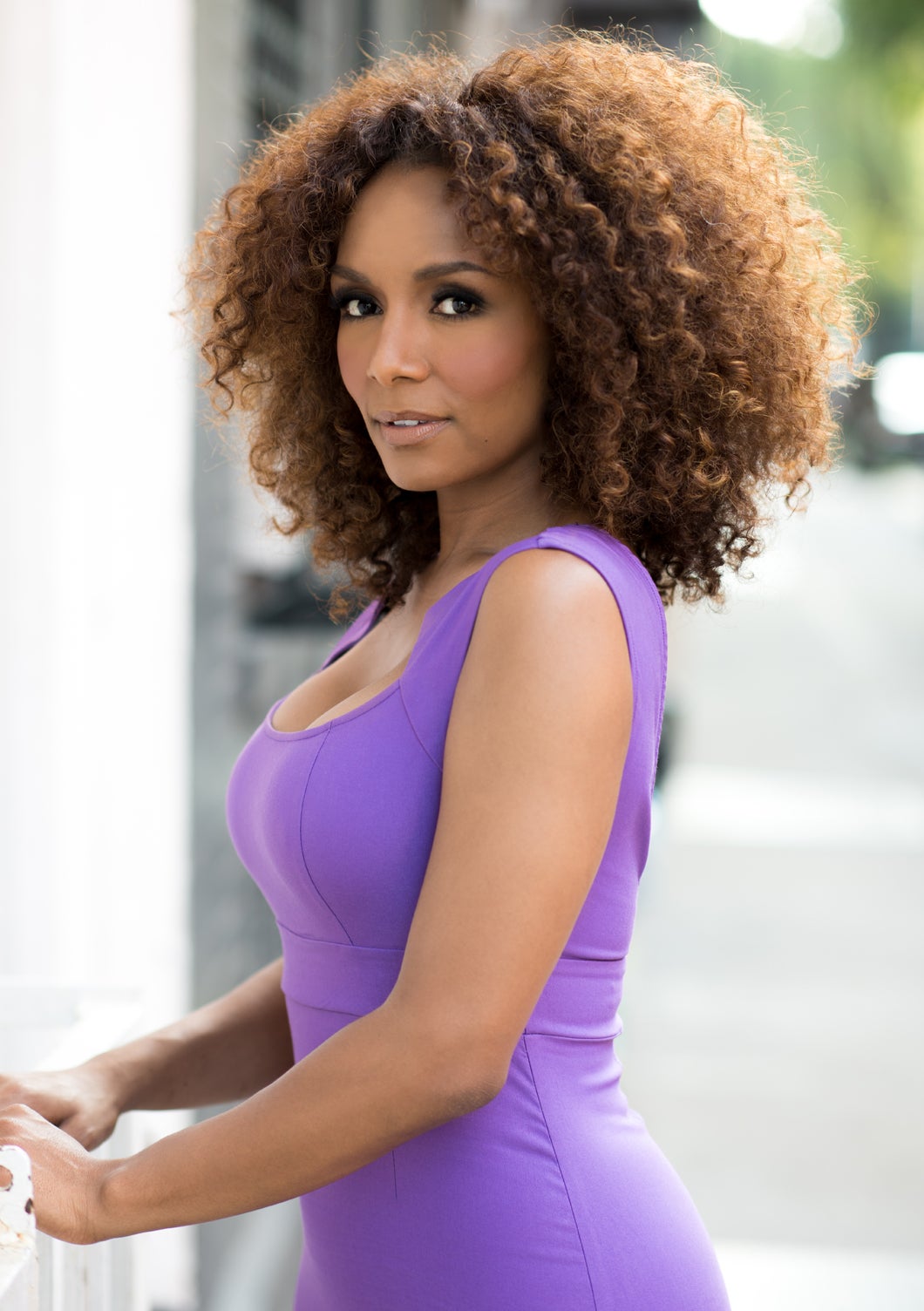Activist Janet Mock’s message to the world: Women are not a monolith
Janet Mock is a renowned memoirist, journalist, TV host, activist, and podcaster. She’s also a trans woman of color—an identity she handles with caution. “What’s difficult is people look to me to speak on behalf of other [trans] people,” she tells Broadsheet. “But I’m also very conscious that because I’m seen and heard it silences a lot of people, because I become some people’s one example of a trans person in the world. So it’s really complicated for me. I’m not a representative of anyone but myself and my experiences.”


Janet Mock is a renowned memoirist, journalist, TV host, activist, and podcaster. She’s also a trans woman of color—an identity she handles with caution. “What’s difficult is people look to me to speak on behalf of other [trans] people,” she tells Broadsheet. “But I’m also very conscious that because I’m seen and heard it silences a lot of people, because I become some people’s one example of a trans person in the world. So it’s really complicated for me. I’m not a representative of anyone but myself and my experiences.”
Born in what doctors proclaimed was a male body, Mock underwent gender-reassignment surgery in Thailand at 18, though she says she has always been a girl. She began her journalism career at People magazine, where she worked her way up to staff editor over five years—while hiding her trans identity. In a Marie Claire essay in 2011, Mock revealed her reassignment surgery. This led to her first memoir, Redefining Realness, where she wrote about her childhood growing up poor, her high-school transition to outwardly identifying as female, and the sex work she engaged in to fund her surgery. Her second book, Surpassing Certainty, detailed her experience working as a journalist and stripper in her twenties, as well as her first marriage and rape.
Through her highly vulnerable, always inclusionary writing—which spans every topic from entertainment and pop culture to beauty, sociopolitical, and racial commentary—Mock has become among the most visible trans public figures. She wields this power in hopes of inspiring others to learn about the ”complicated, interlocking, multilayered experiences of trans folk,” and the importance of intersectionality in all cultures. “It took my entire life to get to the point where I could say: ‘I’m here and I’m ready to contribute,'” Mock explains in her Broadsheet interview. “Saying you have this certain experience, and you’re not afraid of sharing it, is activism in and of itself.”
In an interview with Quartz, Mock explains why we all ought to identify as “multiplicities,” the importance of complicating feminist conversations, and the Michelle Obama refrain that drives her.
1. What’s your big idea that other people aren’t thinking about or wouldn’t agree with? Why is it so important?
We are multiplicities, and none of us live single identity lives. We must resist the pressures of others to soundbite our complicated, nuanced experiences. We cannot and should not be reduced to just one sliver of ourselves, as it skews the truth of our lived experiences.
2. What behavior or personality trait do you most attribute to your success?
Self-advocacy in the face of others shutting doors and access to spaces, as well as unrelenting self-assuredness in the face of people telling me, “You can’t, you won’t, and you’ll never.”
3. If you could make one change to help women at work, what would it be?
I don’t have a policy, but I have a call to complicate the women most centered in feminist conversations: I want to see more stories, more images, and more conversations that center women of color, queer, trans, and/or disabled women in the workplace. How are our unique needs being addressed in these women-empowerment spaces that largely center white women? Women are not a monolith, so we need policies and strategies that meet us at the intersections.
4. At the start of your career, what do you wish you had known?
I wish I’d known that it was not my job to convince people that I belonged or that I was worthy or qualified. The space I was taking up was not theirs to offer to me; it was mine.
5. When in your career did you feel most despondent, and what did you do to turn it around?
I was at a crossroads in 2010, bored out of my mind in my cubicle, making a living writing stories that didn’t matter at all. I wondered if that’s all there was, and found refuge by waking up an hour earlier every morning and showing up at my desk to write to myself. Taking that time and turning inward for stories that mattered changed the trajectory of my life, and led to the writing of my first memoir, Redefining Realness.
6. A key part of success is building strong professional relationships. What practice do you use to cultivate them with your colleagues?
I take the time to show up for people in my field who are often not seen and heard in the same capacity as I am. Applauding other women and queer writers of color enables me to recognize and showcase the abundance of talent and work being created.
7. What’s the best advice you’ve ever received?
“When you walk through that open door of opportunity, you don’t slam it shut behind you. You hold it open” — Michelle Obama.
Bonus Questions:
The mountain I’m willing to die on… is that Cardi B is a feminist icon.
I wish people would stop telling me… that I need to wait my turn.
Everyone should own… a copy of This Bridge Called My Back.
This interview is part of How We’ll Win, a project exploring the fight for gender equality at work. Read more interviews with industry-leading women here.